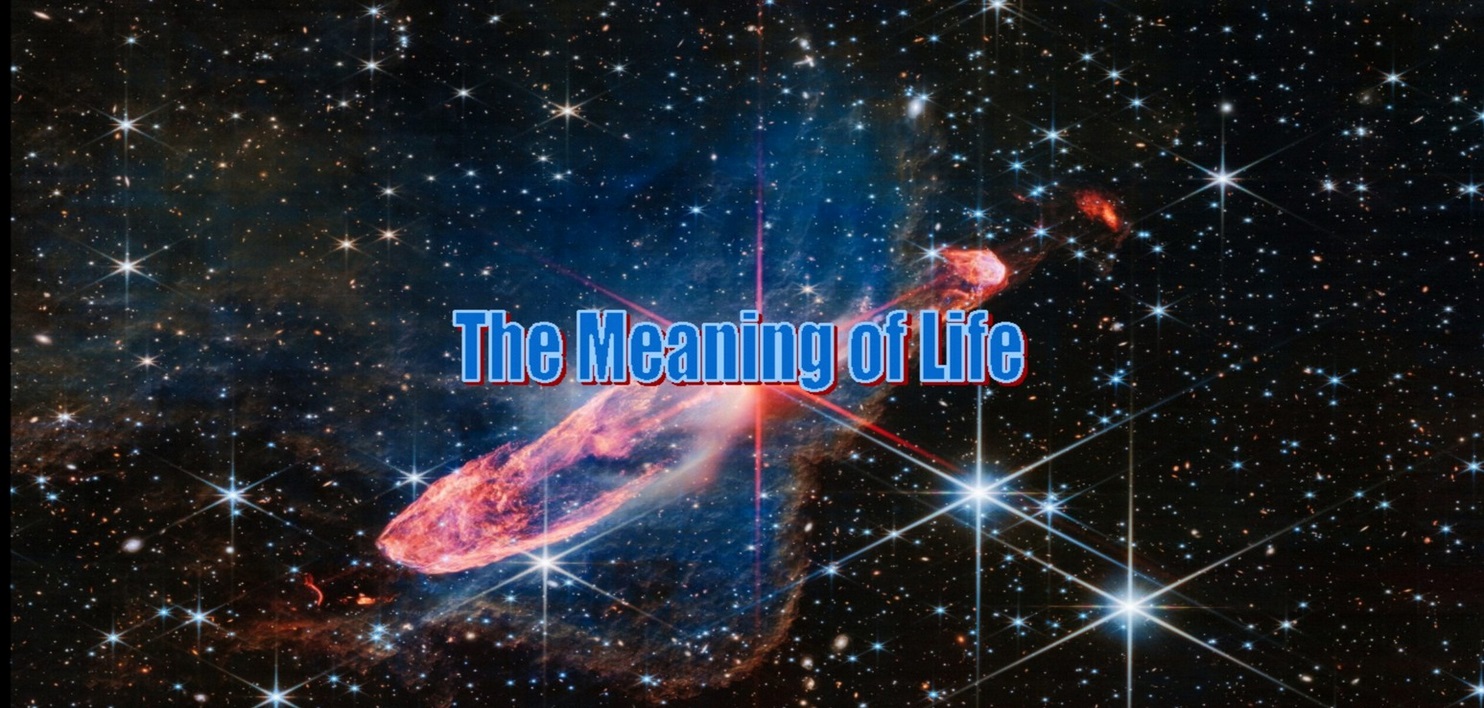Introduction: Unveiling the Cosmic Truth
Introduction: Unveiling the Cosmic Truth
As you read these words, you're participating in a miracle of cosmic proportions. The very fact that you—a collection of atoms arranged in just the right way—can contemplate your own existence is nothing short of extraordinary. But what's even more remarkable is that we now have the tools to understand how this miracle came to be.
In the last few decades, science has made leaps that our ancestors could scarcely have imagined. These advancements haven't just expanded our knowledge—they've fundamentally altered our perception of life, the universe, and our place within it. Let's explore some of these groundbreaking discoveries and how they're reshaping our quest for meaning.
Decoding the Book of Life
Imagine holding in your hands a book that contains the instructions for building you—every cell, every protein, every trait that makes you uniquely you. This book exists, and it's written in the language of DNA.
In 2003, scientists completed the Human Genome Project, successfully mapping the entire human genetic code. This monumental achievement gave us unprecedented insight into the blueprint of life itself. But the story doesn't end there. Recent advancements in DNA sequencing have revealed not just one, but three distinct codes hidden within our genes.
These codes aren't just abstract information—they're the very instructions that guide the formation of every living thing on Earth. From the simplest bacteria to the most complex human, we all share this fundamental language of life. This universality raises profound questions: Why this particular code? And what does its ubiquity tell us about life's origins?
The Cosmic Cookbook
While geneticists were unraveling the mysteries of DNA, astrophysicists were making equally startling discoveries about the universe at large. We've learned that the elements that make up our bodies—the carbon in our cells, the iron in our blood—were forged in the hearts of dying stars billions of years ago.
In a very real sense, we are children of the cosmos. The same processes that shaped galaxies and solar systems also led to our existence. This realization forces us to expand our perspective. We're not just inhabitants of Earth, but integral parts of a vast, interconnected universe.
The Evolutionary Epic
Our understanding of evolution has also undergone a revolution. While Darwin's theory of natural selection remains a cornerstone of biology, new discoveries have added layers of complexity to our evolutionary story.
We've uncovered evidence of horizontal gene transfer, where genetic material is passed between unrelated species. We've found that environmental factors can influence gene expression without changing the underlying DNA sequence—a field known as epigenetics. These findings suggest that evolution is far more dynamic and interconnected than we once thought.
But perhaps the most startling discovery is the role of viruses in our evolutionary history. Far from being mere parasites, viruses have been instrumental in shaping the human genome. In fact, about 8% of our DNA comes from ancient viral infections. This blurs the lines between "us" and "them" in ways that challenge our understanding of identity and interconnectedness.
Consciousness: The Final Frontier
Perhaps the most elusive scientific frontier is the nature of consciousness itself. How does the brain—a lump of organic matter—give rise to the subjective experience of being you?
Recent advancements in neuroscience and brain imaging have allowed us to peer into the living brain, watching thoughts form in real-time. We've mapped neural correlates of consciousness and begun to understand the complex interplay of brain regions that gives rise to our sense of self.
Yet, the more we learn about consciousness, the more mysterious it becomes. Some scientists even propose that consciousness might be a fundamental property of the universe, as basic as matter or energy. If true, this would radically alter our understanding of reality and our place within it.
Buckle up for a mind-bending journey across the scales of existence! This stunning visualization, building on a legacy that began with a 1957 book by Charles and Ray Eames, takes us on an epic voyage from the quantum realm of quarks to the cosmic expanse of galaxy clusters—and back again. In just five minutes, we'll span 45 orders of magnitude, experiencing the interconnected layers of reality that make up our universe. As you watch, remember: every scale we pass through exists right now, right where you are, from the dance of quarks in your atoms to your place in the cosmic web of galaxies.
